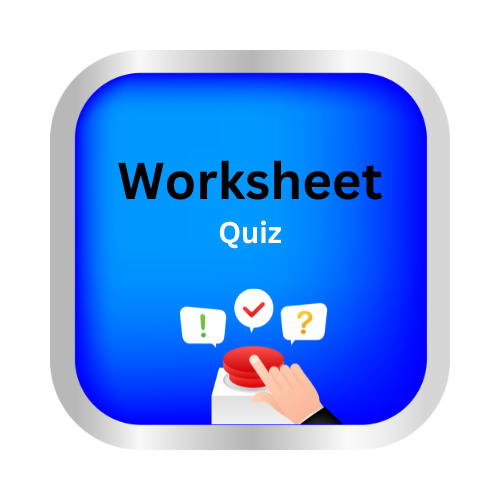Is it a complete sentence, a fragment, or a run-on?
Key Notes:
✨ Is it a Complete Sentence, a Fragment, or a Run-On? ✨
| Complete Sentence ✅ |
A complete sentence tells a complete thought.
It has a subject (who or what the sentence is about) and a predicate (what the subject does).
It starts with a capital letter and ends with a punctuation mark (. ? !)
Examples:
- 🐶 The dog is barking loudly.
- 🌟 She won the first prize in the competition.
Tip: If you can answer who? or what? and did what?, it’s usually complete.
| Fragment ⚠️ |
A fragment is incomplete. It does not express a complete thought.
Often missing a subject, a predicate, or both.
Examples:
- 🏞️ Running through the park.
- 🍎 With a big red apple.
Tip: Ask yourself: “Does this sentence make sense by itself?” ❓
If not → it’s a fragment!
| Run-On Sentence 🚨 |
A run-on sentence happens when two or more complete sentences are joined without proper punctuation or connecting words.
It can be confusing for the reader.
Examples:
- 🏃♂️ I ran to the store I forgot to buy milk.
- 🌈 The sun is shining it is a beautiful day.
Fixing Run-Ons:
- Use a period: I ran to the store. I forgot to buy milk.
- Use a semicolon: I ran to the store; I forgot to buy milk.
- Use a comma + conjunction: I ran to the store, and I forgot to buy milk.
| 🎨 Quick Tips to Remember |
- ✅ Complete Sentence: has subject + predicate + full idea.
- ⚠️ Fragment: missing something, incomplete thought.
- 🚨 Run-On: too long without proper punctuation or connecting words.
| 📝 Fun Practice Idea: |
- Highlight subjects in blue 💙 and predicates in green 💚
- Then mark fragments with ⚠️ and run-ons with 🚨
- Complete sentences get a ✅
Let’s try some problems! ✍️

